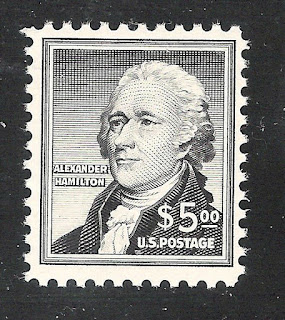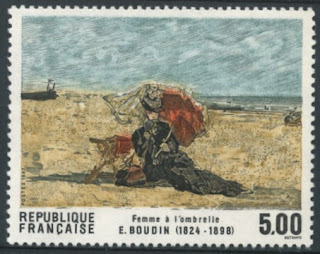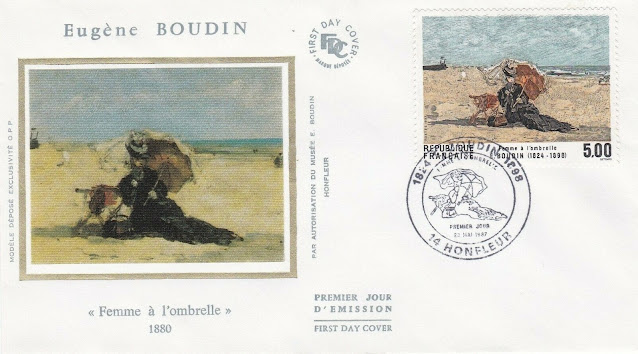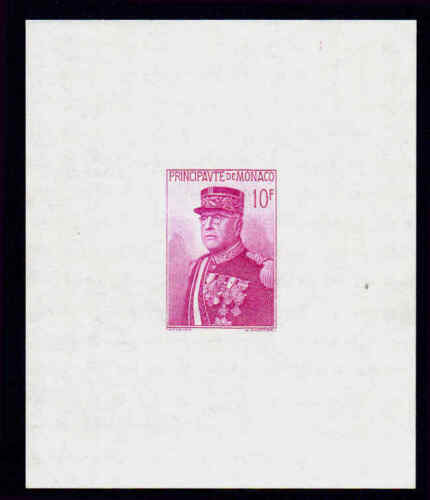1536 Died: Desiderius Erasmus, Dutch priest and philosopher (b. 1466)
Desiderius Erasmus Roterodamus (28 October 1466 – 12 July 1536), known as Erasmus or Erasmus of Rotterdam, was a Dutch Christian humanist who is widely considered to have been the greatest scholar of the northern Renaissance. Originally trained as a Catholic priest, Erasmus was an important figure in classical scholarship who wrote in a pure Latin style.
Among humanists he enjoyed the sobriquet "Prince of the Humanists", and has been called "the crowning glory of the Christian humanists". Using humanist techniques for working on texts, he prepared important new Latin and Greek editions of the New Testament, which raised questions that would be influential in the Protestant Reformation and Catholic Counter-Reformation. He also wrote On Free Will,[5] In Praise of Folly, Handbook of a Christian Knight, On Civility in Children, Copia: Foundations of the Abundant Style, Julius Exclusus, and many other works
Below is a First Day Cover from the Netherlands and a stamp from Belgium depicting Erasmus
1804 Died: Alexander Hamilton, American general, economist, and politician, 1st United States Secretary of the Treasury (b. 1755)
Alexander Hamilton (January 11, 1755 or 1757 – July 12, 1804) was an American statesman and one of the Founding Fathers of the United States. He was an influential interpreter and promoter of the U.S. Constitution, as well as the founder of the nation's financial system, the Federalist Party, the United States Coast Guard, and the New York Post newspaper. As the first Secretary of the Treasury, Hamilton was the main author of the economic policies of George Washington's administration. He took the lead in the Federal government's funding of the states' debts, as well as establishing a national bank, a system of tariffs, and friendly trade relations with Britain
Below are some stamps and sheet from the United States Of America depicting Alexander Hamilton
1817 Born: Henry David Thoreau, American essayist, poet, and philosopher
Henry David Thoreau (July 12, 1817 – May 6, 1862) was an American essayist, poet, and philosopher. A leading transcendentalist, he is best known for his book Walden, a reflection upon simple living in natural surroundings, and his essay "Civil Disobedience" (originally published as "Resistance to Civil Government"), an argument for disobedience to an unjust state.
Walden ( first published as Walden; or, Life in the Woods) is a book by transcendentalist Henry David Thoreau. The text is a reflection upon simple living in natural surroundings. The work is part personal declaration of independence, social experiment, voyage of spiritual discovery, satire, and—to some degree—a manual for self-reliance.
First published in 1854, Walden details Thoreau's experiences over the course of two years, two months, and two days in a cabin he built near Walden Pond amidst woodland owned by his friend and mentor Ralph Waldo Emerson, near Concord, Massachusetts. Thoreau used this time (July 4, 1845 - September 6, 1847) to write his first book, A Week on the Concord and Merrimack Rivers (1849). The experience later inspired Walden, in which Thoreau compresses the time into a single calendar year and uses passages of four seasons to symbolize human development.
By immersing himself in nature, Thoreau hoped to gain a more objective understanding of society through personal introspection. Simple living and self-sufficiency were Thoreau's other goals, and the whole project was inspired by transcendentalist philosophy, a central theme of the American Romantic Period.
Thoreau makes precise scientific observations of nature as well as metaphorical and poetic uses of natural phenomena. He identifies many plants and animals by both their popular and scientific names, records in detail the color and clarity of different bodies of water, precisely dates and describes the freezing and thawing of the pond, and recounts his experiments to measure the depth and shape of the bottom of the supposedly "bottomless" Walden Pond.
US Stamps depicting Henry David Thoreau
1824 Born: Eugène Boudin, French painter (d. 1898)
Eugène Louis Boudin (12 July 1824 – 8 August 1898) was one of the first French landscape painters to paint outdoors. Boudin was a marine painter, and expert in the rendering of all that goes upon the sea and along its shores. His pastels, summary and economic, garnered the splendid eulogy of Baudelaire; and Corot called him the "King of the skies".
Born at Honfleur, Boudin was the son of a harbor pilot, and at age 10 the young boy worked on a steamboat that ran between Le Havre and Honfleur. In 1835 the family moved to Le Havre, where Boudin's father opened a store for stationery and picture frames. Here the young Eugene worked, later opening his own small shop. Boudin's father had thus abandoned seafaring, and his son gave it up too, having no real vocation for it, though he preserved to his last days much of a sailor's character: frankness, accessibility, and open-heartedness.
In his shop, in which pictures were framed, Boudin came into contact with artists working in the area and exhibited in the shop the paintings of Constant Troyon and Jean-François Millet, who, along with Jean-Baptiste Isabey and Thomas Couture whom he met during this time, encouraged young Boudin to follow an artistic career. At the age of 22 he abandoned the world of commerce, started painting full-time, and travelled to Paris the following year and then through Flanders. In 1850 he earned a scholarship that enabled him to move to Paris, where he enrolled as a student in the studio of Eugène Isabey and worked as a copyist at the Louvre. To supplement his income he often returned to paint in Normandy and, from 1855, made regular trips to Brittany. On 14 January 1863 he married the 28-year-old Breton woman Marie-Anne Guédès in Le Havre and set up home in Paris.
Dutch 17th-century masters profoundly influenced him, and on meeting the Dutch painter Johan Jongkind, who had already made his mark in French artistic circles, Boudin was advised by his new friend to paint outdoors (en plein air). He also worked with Troyon and Isabey, and in 1859 met Gustave Courbet who introduced him to Charles Baudelaire, the first critic to draw Boudin's talents to public attention when the artist made his debut at the 1859 Paris Salon.
In 1857/58 Boudin befriended the young Claude Monet, then only 18, and persuaded him to give up his teenage caricature drawings and to become a landscape painter, helping to instill in him a love of bright hues and the play of light on water later evident in Monet's Impressionist paintings. The two remained lifelong friends and Monet later paid tribute to Boudin's early influence. Boudin joined Monet and his young friends in the first Impressionist exhibition in 1873, but never considered himself a radical or innovator.
Fair in Brittany, one of Boudin's "Brittany" paintings (1874), Corcoran Gallery of Art
Both Boudin and Monet lived abroad during the Franco-Prussian War of 1870–71, Boudin in Antwerp and Monet in London; from 1873 to 1880 the Boudins lived in Bordeaux. His growing reputation enabled him to travel extensively at that time, visiting Belgium, the Netherlands and southern France. He continued to exhibit at the Paris Salons, receiving a third place medal at the Paris Salon of 1881, and a gold medal at the 1889 Exposition Universelle. In 1892 Boudin was made a knight of the Légion d'honneur, a somewhat tardy recognition of his talents and influence on the art of his contemporaries.
French stamp and First Day Cover depicting Boudin's works
1870 Born: Louis II, Prince of Monaco (d. 1949)
Louis II (12 July 1870 – 9 May 1949) was Prince of Monaco from 1922 to 1949.
Born Louis Honoré Charles Antoine Grimaldi in Baden-Baden, Germany, he was the only child of Prince Albert I of Monaco (1848–1922), and Lady Mary Victoria Hamilton (11 December 1850 – 14 May 1922). His mother was a daughter of William Alexander Anthony Archibald Hamilton, 11th Duke of Hamilton, and his wife, Princess Marie Amélie Elizabeth Caroline of Baden.
Within a year of his parents' marriage Louis was born, but his mother, a strong-willed 19-year-old, disliked Monaco and was unhappy with her husband. Shortly thereafter, she left the country permanently, and the princely couple's marriage was annulled in 1880. Louis was raised in Germany by his mother and stepfather, Count (later Prince) Tassilo Festetics von Tolna, along with his eldest half-sister, Maria-Mathilde (later grandmother of Princess Ira von Fürstenberg), and did not see his father until age 11 when he was obliged to return to Monaco to be trained for his future princely duties.
Below are some stamps and sheet from Monaco depicting Louis II, Prince of Monaco












No comments:
Post a Comment